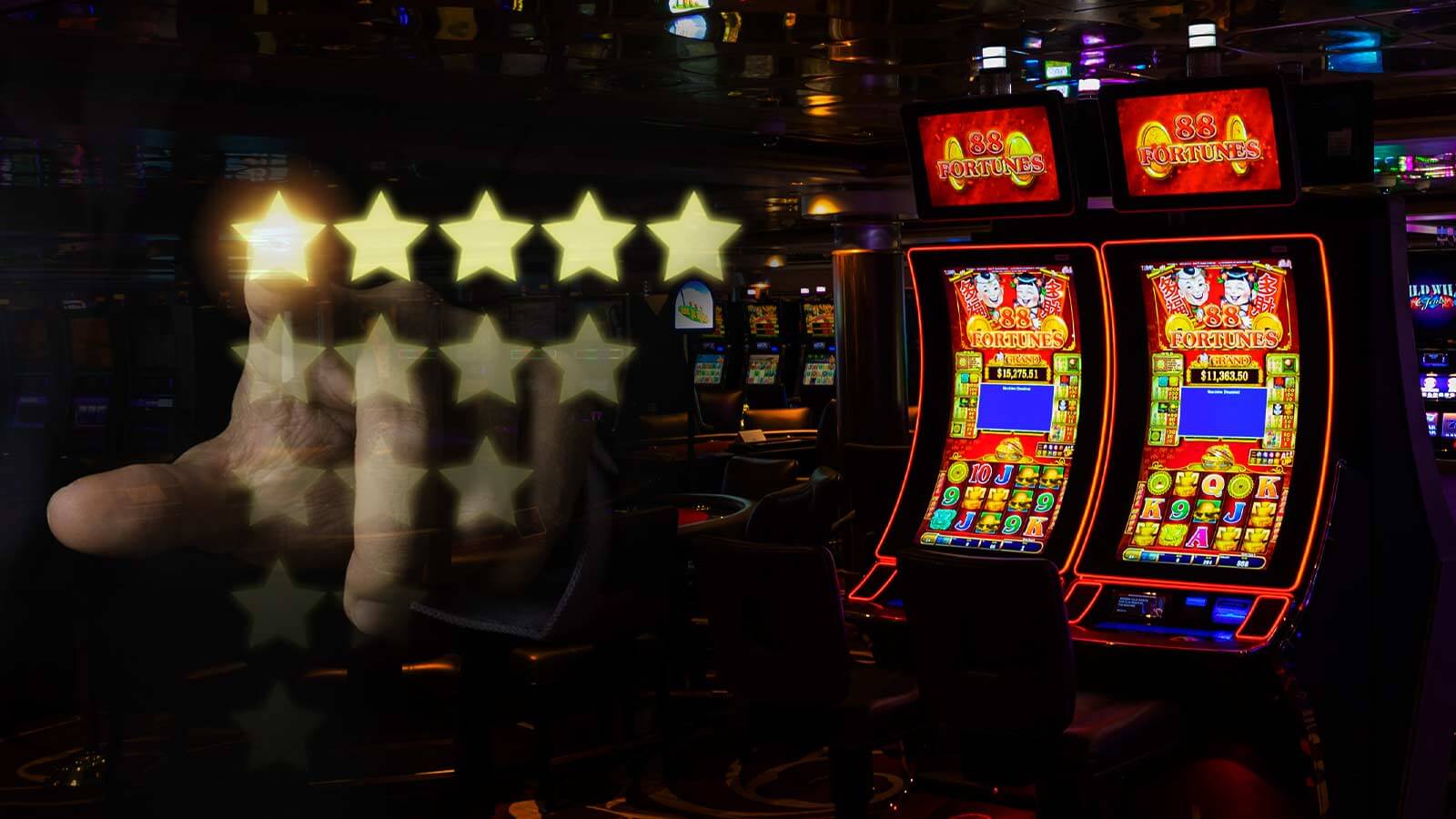
Gambling in casinos has long been a subject of interest and debate, attracting millions of players around the world. With a mix of chance, skill, and the thrill of risk, casino games offer an exhilarating escape from everyday life. However, as entertainment becomes ever more available, it invites a deeper examination of the ethical implications surrounding these games.
At the heart of the discussion lies the question of whether casinos promote responsible gaming or exploit vulnerable individuals. The appeal of potential winnings versus the truth of losses can create a complex dynamic, and understanding this balance is essential for both players and operators. As we delve into the ethics of casino gaming, we will explore the responsibilities of casinos, the impact on society, and the measures that can be taken to foster a better gaming environment.
The Impact of Casino Gaming on Society
Gambling in casinos has a considerable influence on society, affecting not only the financial landscape but also social behaviors and local frameworks. The revenue generated from casinos can lead to employment opportunities and boost regional economies, as they provide various employment opportunities in multiple fields including hospitality, leisure activities, and shopping. BJ 88 However, while the financial benefits can be substantial, communities often grapple with the potential negative impacts that arise from increased gambling activity.
Moreover, the presence of casinos can lead to an rise in gambling addiction, presenting significant challenges for individuals and families. The excitement of casino games can quickly evolve into a compulsive habit, affecting connections with others and leading to financial instability. Many players may struggle with the loss of control over their gambling behaviors, resulting in a need for assistance programs and help to address this increasing issue. The social cost of addiction can extend through families and neighborhoods, creating an urgent need for sensible gambling approaches.
In addition to the economic and social ramifications, casino gaming often showcases cultural attitudes towards uncertainty and leisure. It can foster a sense of joy and leisure, attracting tourists and boosting local travel. However, this allure may also conceal the broader implications of gambling as a form of entertainment, provoking ethical questions about its advertisement and availability. As communities weigh the benefits and drawbacks of casino gaming, the need for sensible approaches and regulation becomes increasingly critical in ensuring that the beneficial elements are enhanced while reducing the potential harms.
Ethical Concerns in Betting Practices
The morality of casino operations often center around the potential for addiction and its consequences on individuals and households. Betting can lead to significant financial distress, impacting not only the gamblers but also their loved ones. As people become caught in the appeal of winning, many lose track of their financial limits, which can result in devastating outcomes such as bankruptcy. This poses moral questions about the responsibility of gambling establishments in fostering safe gaming practices and offering support for those who may be dealing with betting addiction.
Another major concern is the promotion of gambling to vulnerable populations. Gambling establishments often aim at low-income people or neighborhoods with the offer of fast rewards, which can perpetuate cycles of financial struggle and despair. In this context, the ethics of advertising strategies used by casinos come under scrutiny, as they may exploit the need of people seeking an way out from economic troubles. This exploitation raises ethical questions about the honesty of the gambling industry and its responsibility to protect its most vulnerable customers.
Additionally, the impact of casino gaming on the community as a entirety cannot be ignored. While some argue that gambling establishments create jobs and stimulate local economies, others point to the social costs associated with dysfunctional betting, increased criminal rates, and a strain on public services. Balancing economic benefits with the risk for community issues presents a complex moral dilemma for policymakers and gambling operators alike. The challenge lies in discovering a ethical approach that takes into account the well-being of individuals and communities while still permitting for the pleasure of gambling gaming.
Oversight System and Obligations
The oversight structure related to gambling operations is designed to ensure justice, integrity, and player protection. Various government bodies and casino commissions set and implement regulations that dictate how casino operations operate, the criteria for game design, and the procedures for handling prizes. These regulations differ by jurisdiction but usually involve licensing requirements for businesses and stringent measures to prevent fraud and scams.
In furthermore to oversight bodies, gaming operators bear major responsibility in upholding moral standards within their facilities. They must enforce ethical player practices that support player security and consciousness, including offering self-limitation options and offering information about the risks associated with gaming. Establishments are also obligated for educating workers to spot signs of difficult betting and know the proper measures to assist patrons in trouble.
Additionally, transparency in gaming operations is crucial for gaining and preserving public trust. Casinos should provide clear data about the probabilities of operations, marketing opportunities, and any connected risks. By creating an environment of transparency and accountability, operators can help lessen the likelihood adverse impact of gaming while boosting the overall gaming experience for all gamblers.
